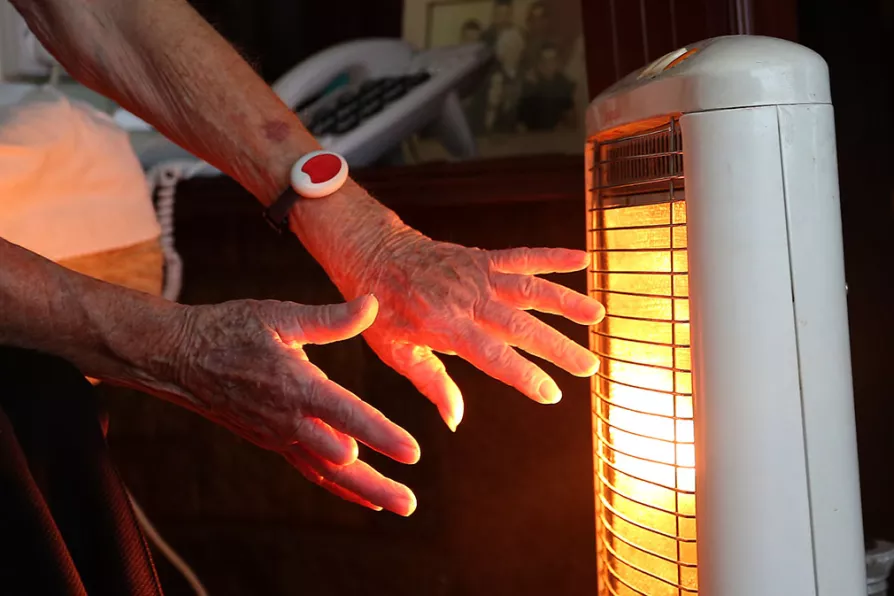Energy Secretary Ed Miliband said: “This government is determined to do everything we can to protect people from the grip of fossil fuel markets.
“Expanding the Warm Home Discount can help protect millions of families from rising energy bills, offering support to consumers across the country.
“Alongside this, the way to deliver energy security and bring down bills for good is to deliver our mission to make Britain a clean energy superpower with home-grown clean power that we in Britain control.”
End Fuel Poverty Coalition co-ordinator Simon Francis questioned how the government will fund increases to the Warm Home Discount as he said that it is “crucial to provide support for vulnerable households struggling with energy costs now.”
Calling for £13.2 billion of support at the government’s upcoming Spending Review, he added: “The big question will be how do we pay for these improvements in support. Both Warm Home Discounts and debt relief are traditionally funded through our energy bills.
“Yet the energy industry makes billions of pounds in profit every year and it beggars belief that Ofgem is increasing the profit allowance for suppliers in the current climate.
“For now, the advice for households is to make the most of existing energy efficiency schemes and if customers do shop around for a lower energy bill, they must use their own energy usage on price comparison sites.”
Generation Rent warned that the rising bills will hit private renters the hardest, with more than a million currently in fuel poverty.
The campaign group’s research and policy manager Parissa Zand said: “Every rent increase and rise in energy costs pushes more and more renters to the brink.
“Higher bills could be the difference between a child eating a proper dinner or an older renter being able to turn the heating on.”
National Energy Action policy director Peter Smith said: “The thought of a third successive and significant price cap rise will be unbearable for many of the people we try and help.”
Citizens Advice chief executive Dame Clare Moriarty said: “We’re particularly concerned about households with children, where more than one in three struggle to afford bills, rising to more than half of those on low incomes.”

 An elderly lady with her electric fire on at home in Liverpool
An elderly lady with her electric fire on at home in Liverpool













